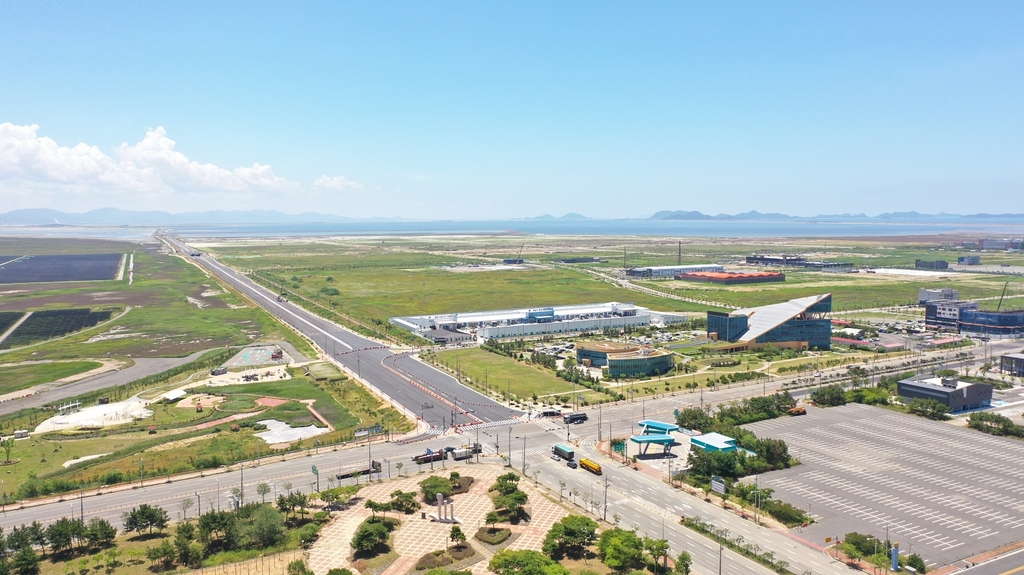- California Assembly OKs highest minimum wage in nation
- S. Korea unveils first graphic cigarette warnings
- US joins with South Korea, Japan in bid to deter North Korea
- LPGA golfer Chun In-gee finally back in action
- S. Korea won’t be top seed in final World Cup qualification round
- US men’s soccer misses 2nd straight Olympics
- US back on track in qualifying with 4-0 win over Guatemala
- High-intensity workout injuries spawn cottage industry
- CDC expands range of Zika mosquitoes into parts of Northeast
- Who knew? ‘The Walking Dead’ is helping families connect
LG Chem to build battery precursor factory in S. Korea with China’s Huayou Cobalt
LG Chem Ltd. said Monday it is joining hands with a Chinese mining company to build a battery precursor factory in South Korea, as it steps up to bolster the supply chains of secondary battery materials.
LG Chem plans to sign a preliminary agreement Wednesday with Huayou Cobalt Co., under which they will invest 1.2 trillion won (US$ 913.2 million) in total by 2028 for the precursor manufacturing facility in the country’s southwest, the Seoul-based chemical company said in a release.
The factory will be located in a state-funded industrial complex in Saemangeum, a reclaimed area in the southwestern coastal city of Gunsan in North Jeolla Province, about 180 kilometers away from Seoul, LG Chem said.
A precursor is a specific chemical form containing nickel, cobalt, manganese and aluminum before it is turned into cathodes, a key secondary battery material that determines the power and range of electric vehicle batteries. Precursors account for 65-70 percent of the cost of cathodes.
The factory will aim to produce 50,000 tons of precursors a year by 2026 before expanding the annual capacity to as much as 100,000 tons over the following years. The latter amount is enough to produce cathodes for about 1 million electric vehicles, LG Chem said.
LG Chem and Huayou will also work to build a refining facility for metal sulfates, a feedstock for precursor, in the same complex.
The factory, when completed, is expected to help LG Chem boost its manufacturing capacity for secondary battery materials and secure a stable supply of raw materials, the company said.
The Saemangeum Development and Investment Agency, the governments of North Jeolla and Gunsan City, and the Korea Rural Community Corp. will also sign the agreement.












